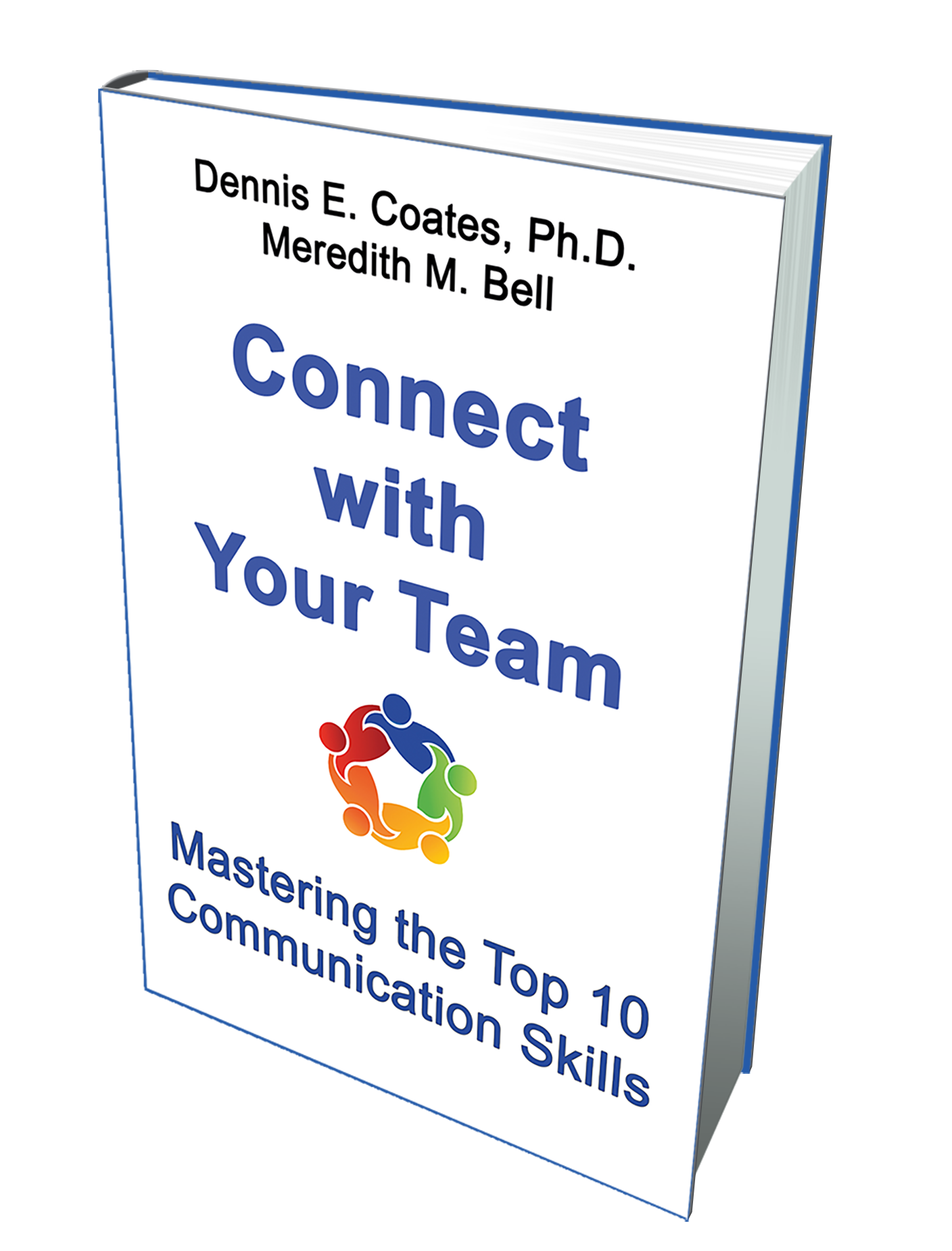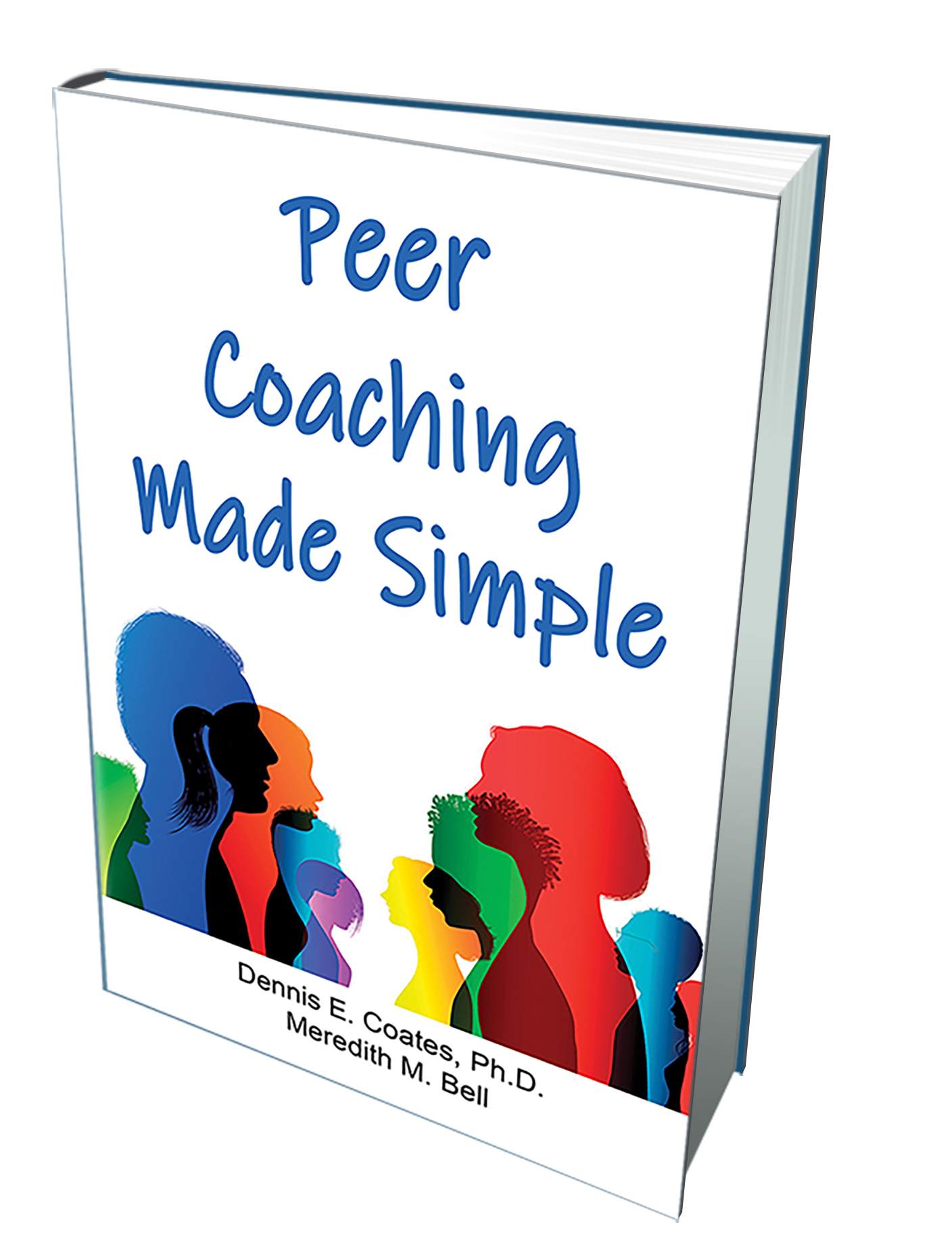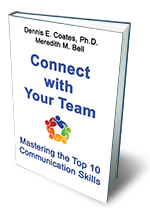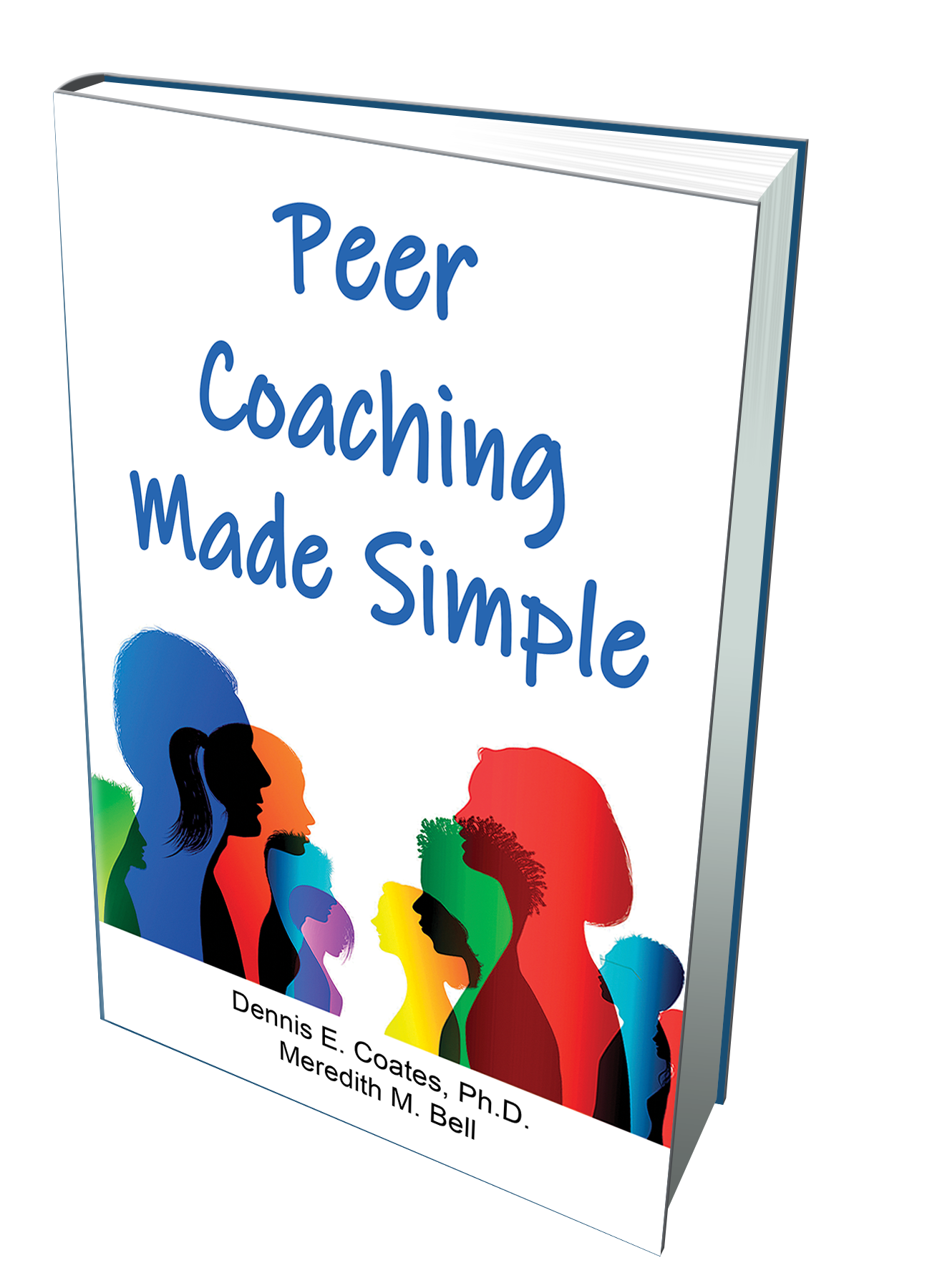
348: Transforming from Manager to True Leader
348: Transforming from Manager to True Leader
What’s the real difference between managing and leading? Mark Hinderliter, former C-suite executive, business owner, and consultant, explains how shifting from managing processes to inspiring people can transform both your leadership and your organization. Drawing from his book From Manager to Leader: 6 Practices that Accelerate Transformation and his own journey, he shares practical lessons on growing through mistakes and focusing on what matters most.
You’ll also hear why trust is the foundation of strong teams and how leaders can show character, competence, connection, and consistency. Mark shares practical insights on balancing accountability with support, giving clear feedback, and creating clarity through active listening. His stories and strategies will help you reflect on your own leadership and take steps to strengthen both relationships and results.
Mark is the creator of Diamond Quality Leadership©, a workshop designed to help managers lead today’s workforce. As a senior leader in the corporate arena, Mark has taught and coached hundreds of leaders at all levels in eight countries. In his own business, Mark has coached leaders from the Director level up to the CEO.
You’ll discover:
- The key distinction between managing tasks and leading people
- How trust impacts culture, engagement, and performance
- Why accountability is a vital part of servant leadership
- Ways to improve clarity in giving feedback and instructions
- Six practices that accelerate your growth as a leader
Watch the episode:
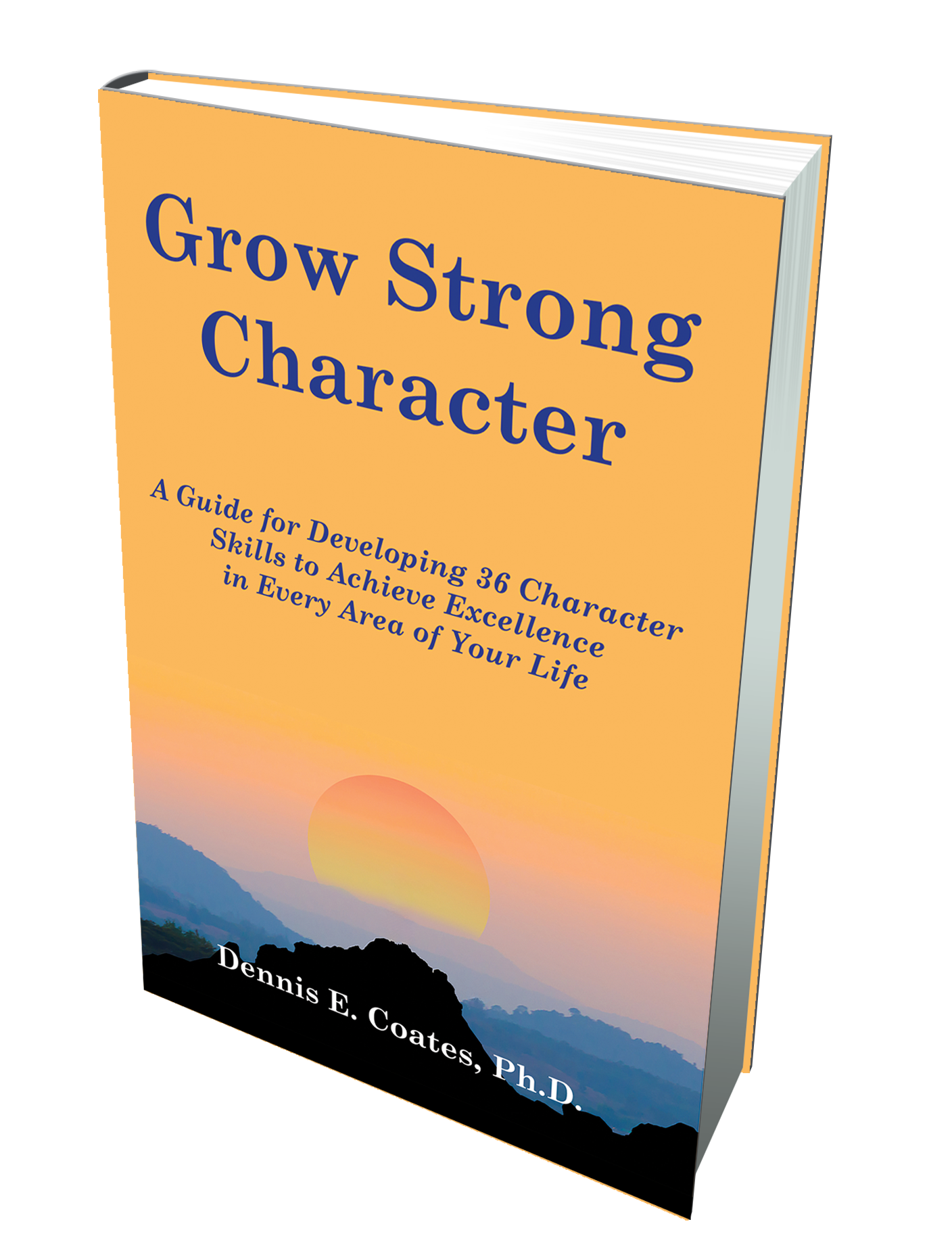
Grow Strong Character
Dennis E. Coates, Ph.D.
Connect with Your Team
and Meredith M. Bell
Peer Coaching Made Simple
Dennis E. Coates, Ph.D.,
and Meredith M. Bell







